I recently came across the rather simple but powerful concept of “magic phrases” that got me thinking. Chances are that you’ve heard your fair share of management jargon and catch phrases. But this is different.
“Magic phrases” refer to phrases that you’ve picked up at some point and have adopted because you find them particularly powerful, either as a personal belief to follow and be inspired by.
Or these phrases are an important part of your vocabulary to engage and motivate your team members or colleagues.
For example, mine is: “How can I be of help?”.
My effectiveness depends on my team and the support of my colleagues. I can only be as good as my team. So, my role is to ensure that I can help remove any obstacles that my team members might be facing, to set them up for success and to assure them that I am there for them, no matter how trying the circumstances. I have also realised that some team members hesitate to raise their hands when they need support. Asking this question provides them comfort that it is okay to ask for help. And it helps foster a culture built on caring for each other. This also gives me a license to ask my team for help. I tend to use this phrase in many conversations with colleagues and team members.
So, this week, I reached out to some of my colleagues at GCPL and asked them what their “magic phrases” are and why. My message is a compilation of their reflections and I think you will find it insightful. Do read on….
“A desk is a dangerous place from which to view the world” (John le Carre)
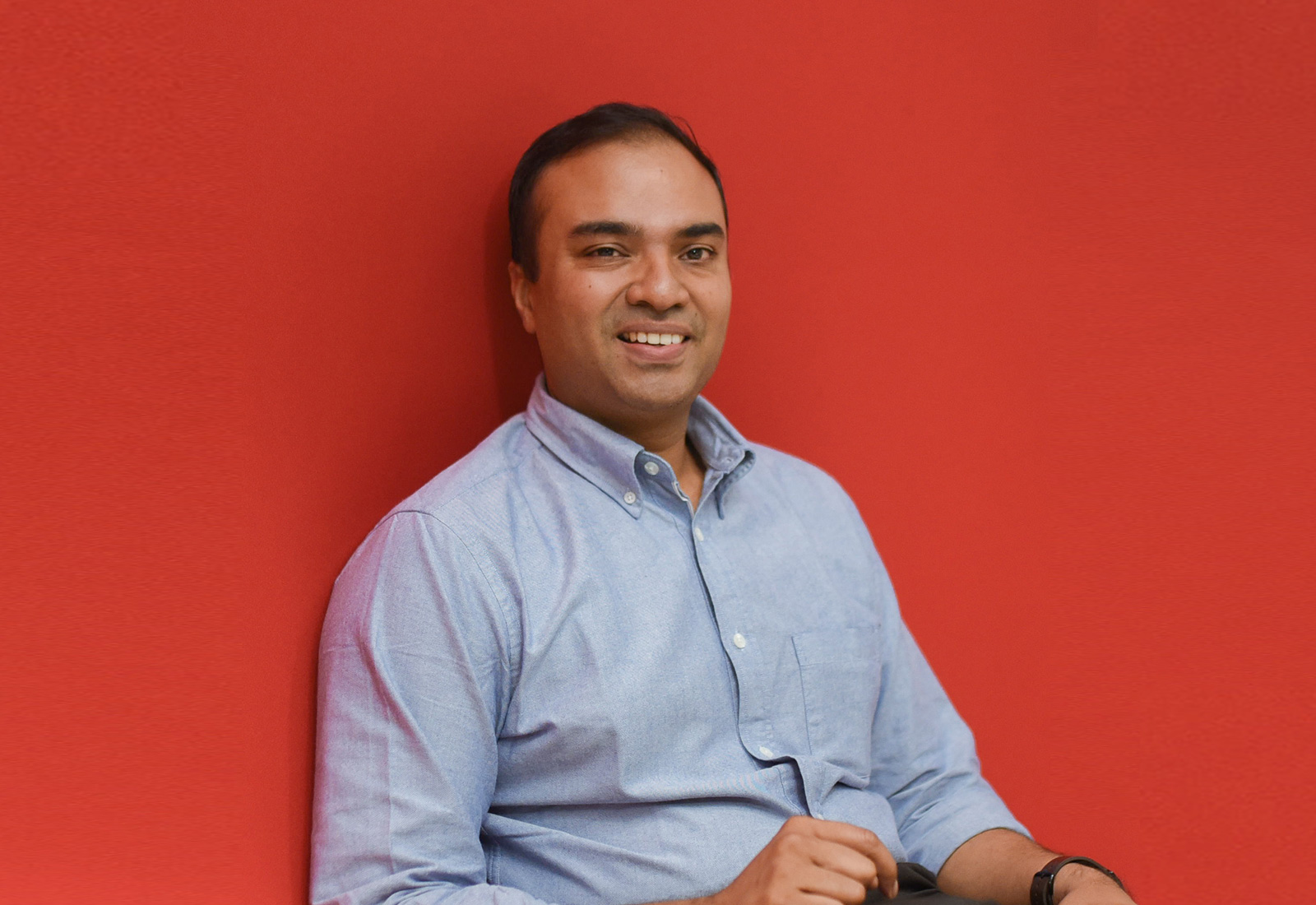
Prashant Chacko, Head – Marketing (Africa)
Although this is a quote from a work of spy fiction (where the author makes a reference to how dangerous it can be if spymasters make decisions from their boardrooms, without understanding ground reality), I find it extremely relevant in the world of business and marketing. A business plan formulated at a desk or in a boardroom just reflects the planner’s view of how the world is or should be and could be very far removed from what consumers need or employees can do. However, one that is created after empathetic and insightful conversations with ones consumers, customers and employees will truly delight all of them.
“Identifying the right problem is half the solution”

Karan Sood – Business Head (USA)
The success of our business depends on finding the right answers and doing so in a timely and effective manner. These challenges can be strategic or tactical, consumer or customer, people or business. In nascent businesses or acquisitions, where the teams are young and business models are evolving, everyone is learning and bandwidth is currency. Identifying the right problem and defining it well is imperative to the success of our business and teams. I believe that as a manager, my responsibility to maximise the effective bandwidth of my team. There are a few de-railers which negatively impact our ability to correctly define the problem: pre-conceived notions, haste and not involving the people closest to the problem. I’ve found that answers are far simpler once the correct problems are identified. Teams see early results; it energises and builds positivity.
“Trust only Godrej to have done it!”
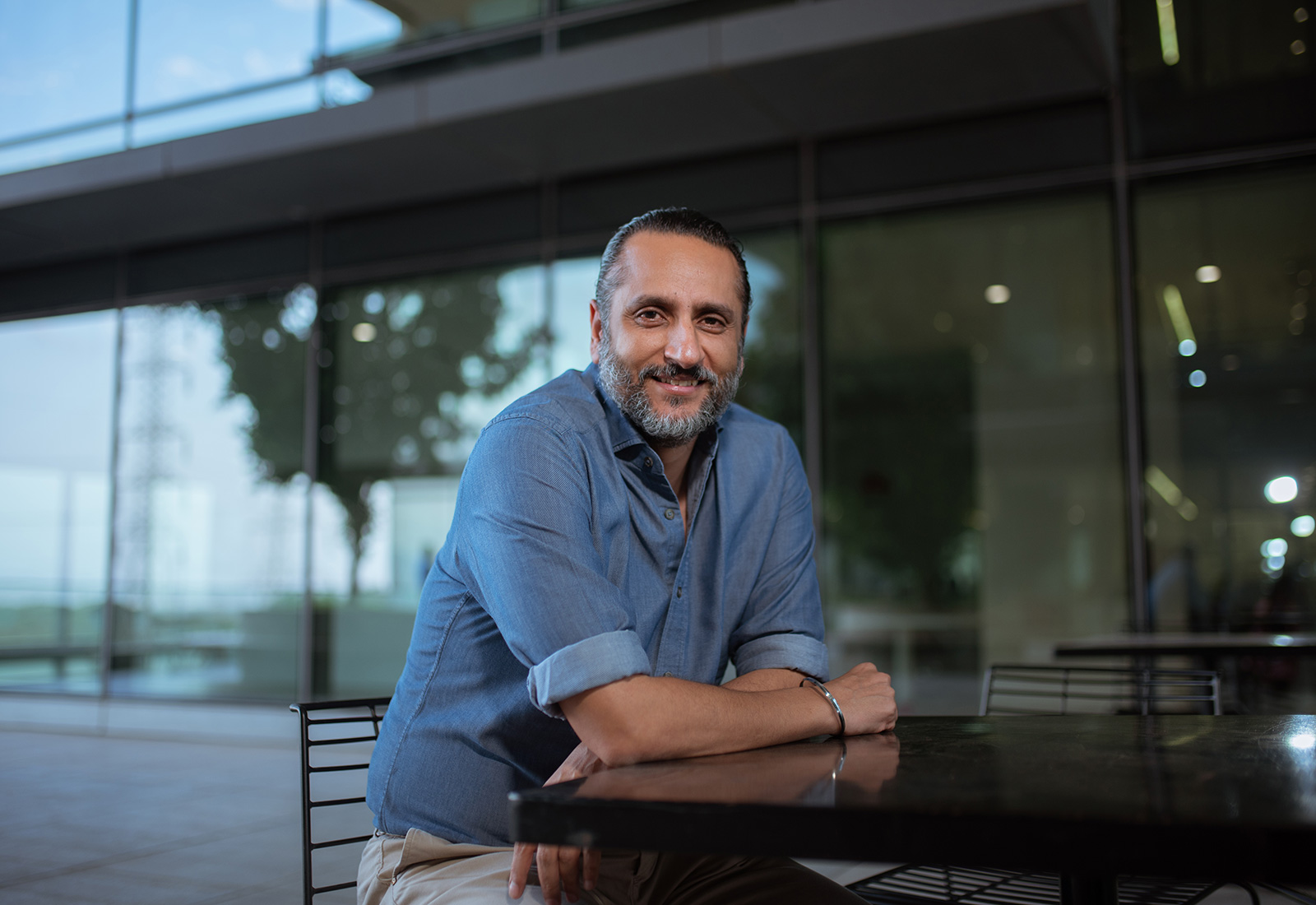
Chitwan Singh – Business Head (West Africa)
I heard this from someone I was interviewing recently. She said that one of their internal rallying cries to push themselves harder, smarter and towards excellence was to do stuff in a way that makes people around exclaim “Only Guinness could have done it!” I found this truly exceptional. I would love to incorporate it as a slogan for ourselves to pursue excellence and consumer delight… “Trust only Godrej to have done it! 🙂 ”
“Hi, How are you?”
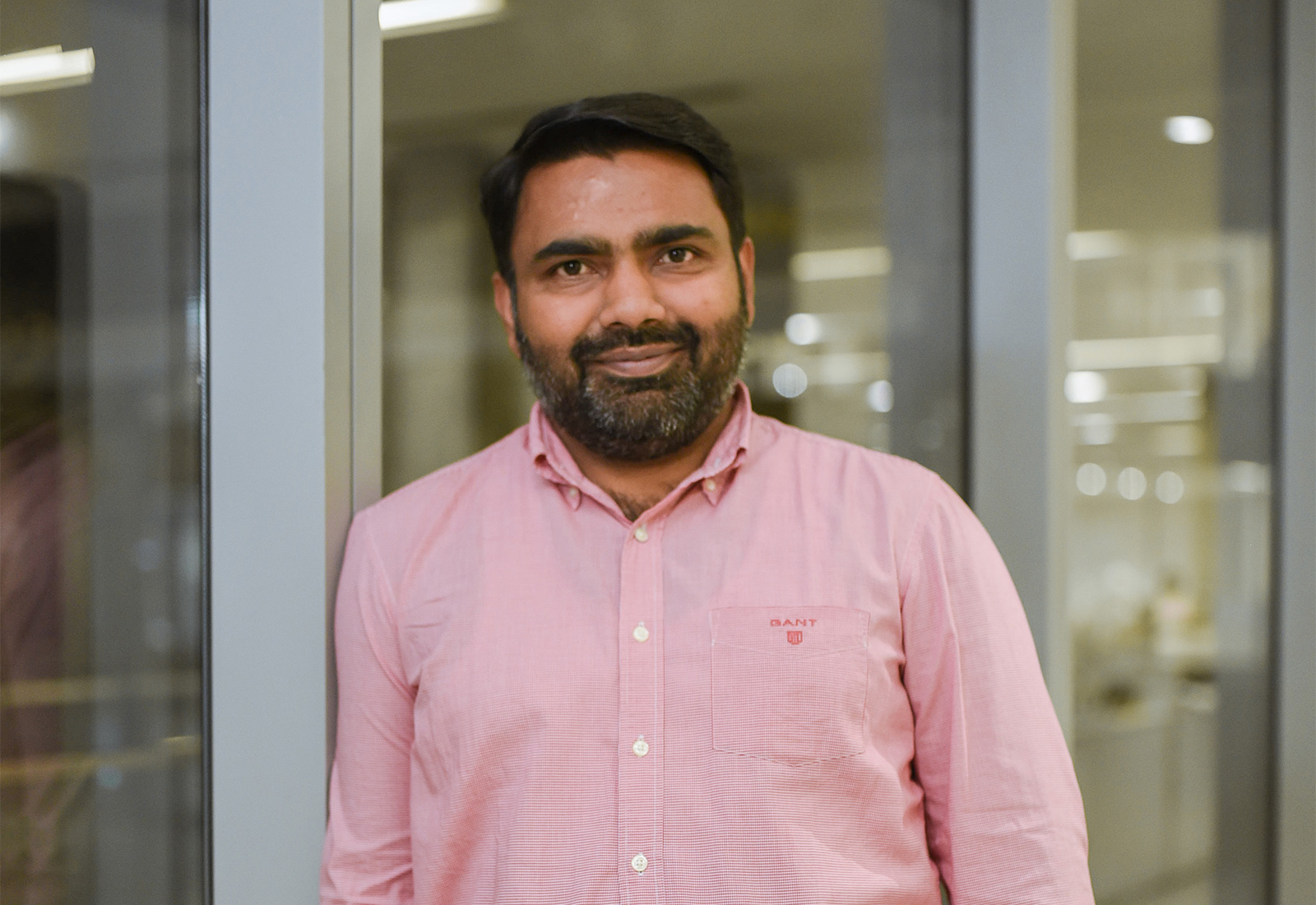
Gaurav Kaushal – Business Head (Southern Africa)
While most of us get motivated by quotes of famous, successful people or in some blockbuster movie (like the famous Rocky Balboa speech), my magic phrase is “Hi, how are you?” I must admit that I learnt that in Africa. This simple, but authentic query has the ability to reduce a lot of barriers, of levels and cultures. It equates all of us as people first; concerned and looking out for each other. I have also realised that it also helps leaders learn about their teams at a personal level – bringing in the ability to distinguish the person from the professional.
“Godrej first”

Pradeep Kumar, Head – Sales (India)
When dealing with people (since I have been here for almost two decades and I know lot of them personally), I do have situations where my thoughts could be biased owing to my personal relationship and knowledge of the person. So, when faced with a tricky one, I remind myself and the team (or the member) that we have a relationship which started with Godrej and that is the professional relationship (and our personal relationship started post that) and hence the professional relationship takes precedence over the personal relationship.
“Only the paranoid survive” (Andy Grove)
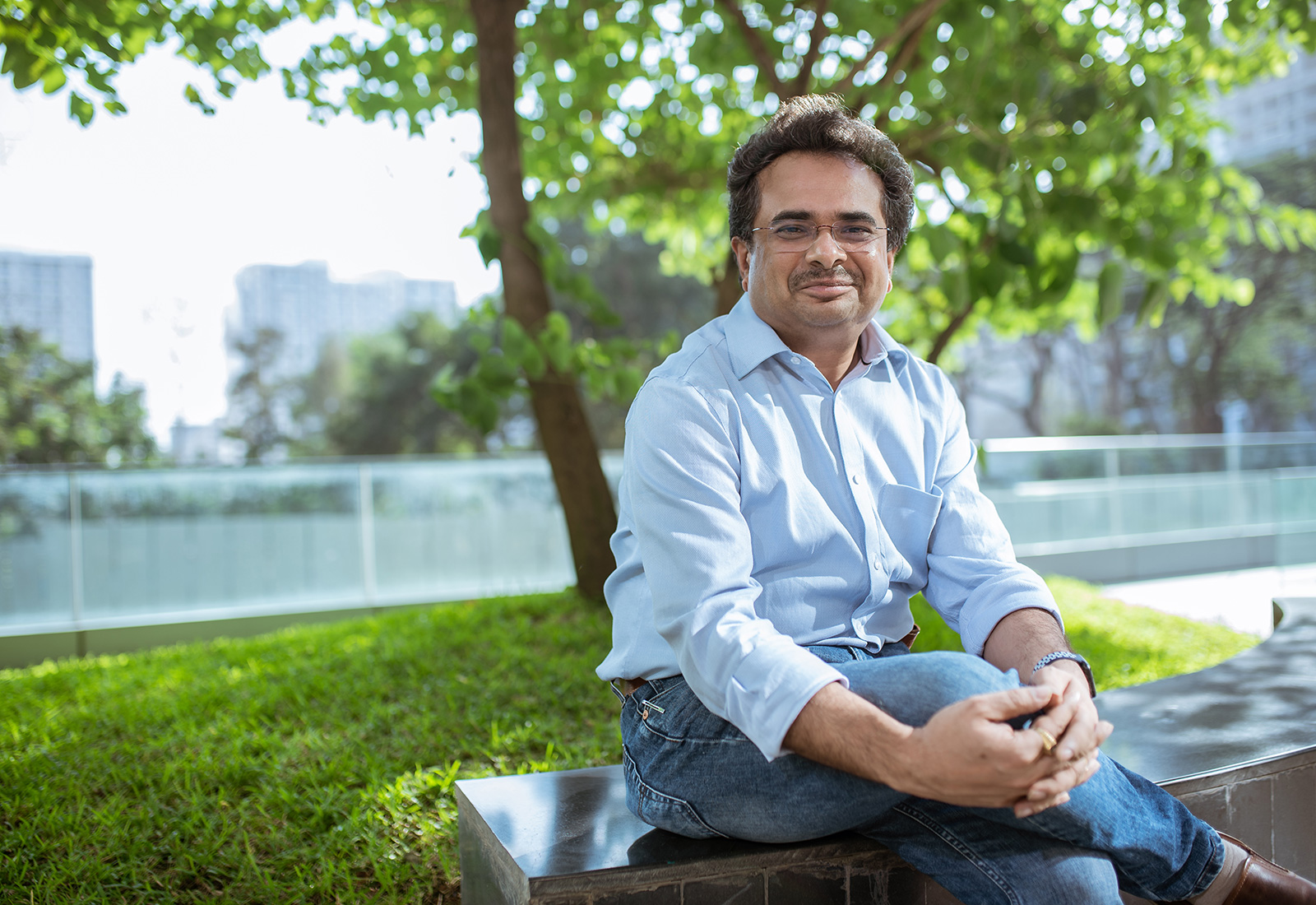
Anirban Banerjee, Head – Innovation
In a fast changing world you can never fully anticipate when we hit the nightmare moment – when massive change occurs and a company must, virtually overnight, adapt or fall by the wayside – in a new way. It can be set off by almost anything: mega-competition, a change in regulations, or a seemingly modest change in technology At innovation, one must constantly look beyond, dig deeper and go where no one has gone before even when the times are good. The paranoia makes us challenge each other and remain on our toes; so that when the ‘moment’ comes we emerge stronger!
“Think as if it’s your business”

Sameer Shah, Head – Finance (India & SAARC)
Thanks to the ecosystem, I have personally adopted this mindset and realised that when you think of your role as being in your own business, you come out with best of the ideas to create value and resolve issues. Thinking and acting like entrepreneurs helps professionals take hunger, passion and commitment to many notches higher. Over the past several years, I have been instilling this in my team members as well and have seen amazing mindset shifts to begin with, and its natural outcome on value creation. In fact, our Performance Linked Variable Pay philosophy also treats us like business owners by sharing part of the profits.
“What else?”
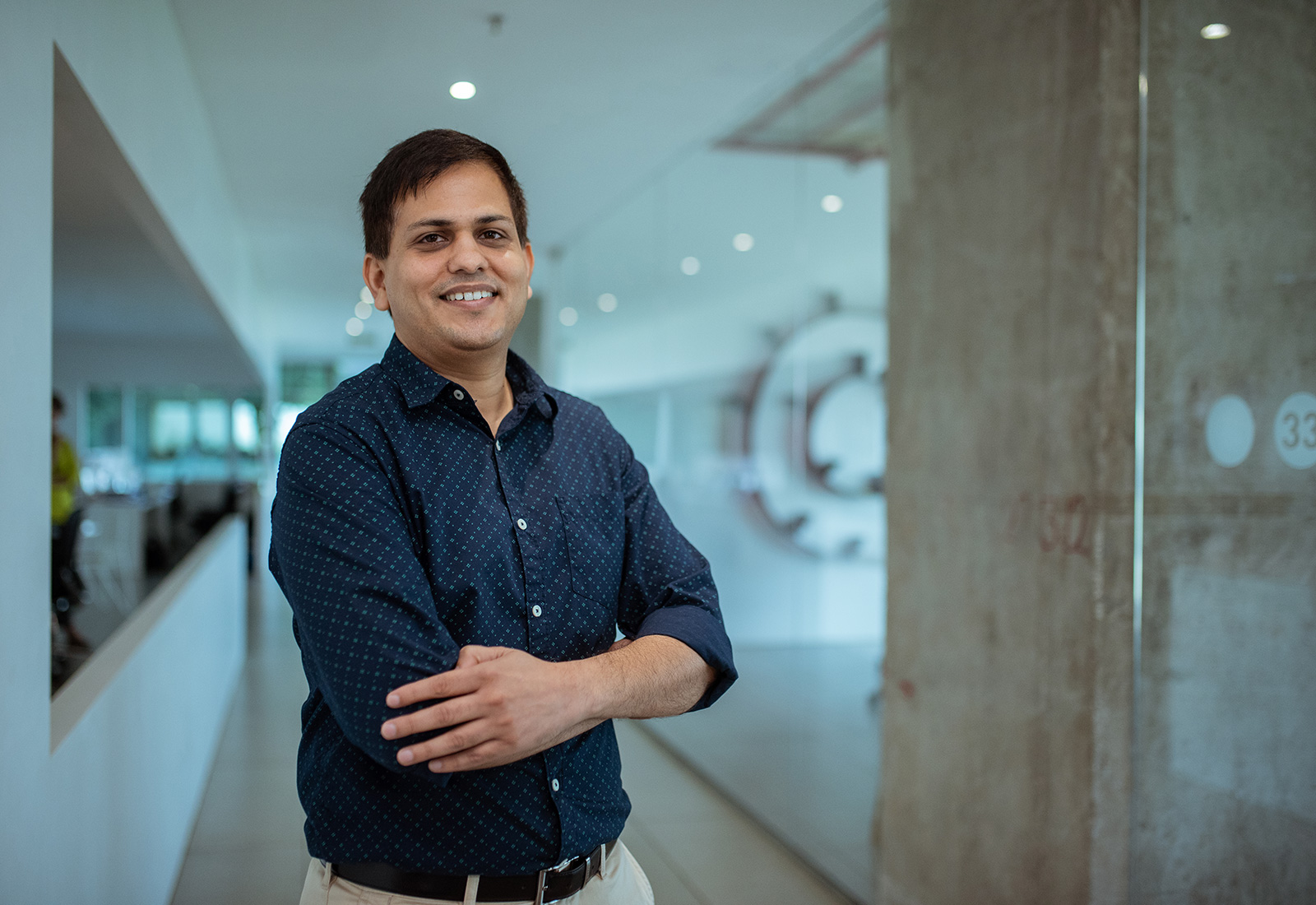
Amit Jain, Head – Trade Marketing (India)
In Trade Marketing, my team and I plan and execute projects like new launches, distribution drives, consumer marketing initiatives etc. We have done similar projects many times in the past and have templates and set methodologies for them. While having templates helps speed up execution, doing things in the same fashion can make these projects mundane for both our team and partners. So, during our discussions on such projects, I often end up using this phrase. It helps us think harder to make these plans more innovative, look at things differently and at times, completely flip thoughts and come up with new and exciting options. I find that when we pause to reflect on this, we end up pushing boundaries and new ideas flow in, making projects innovative, creative and refreshed.
“Karke toh dekhtey hain na!” (Let’s do it and see how it goes!)

Somasree Bose, Category Head – Marketing (India)
We spend time strategizing and post that, where we really fail is in our fear of failure. Our self-doubt is what keeps us from executing the strategy and truly checking if it was correct or not! A lot of brilliant ideas get killed every day because of this insecurity. Even when 80% data shows that it will succeed, we look at the 20% risk and drop the idea. That’s where I believe in pushing these ideas and executing on a small scale to gauge the potential risk without incurring much cost, and then scaling it up basis its success. So, this is something that I often say to my team – and we have found it very helpful to guide our approach and make us more experimental.
“What did I create?”
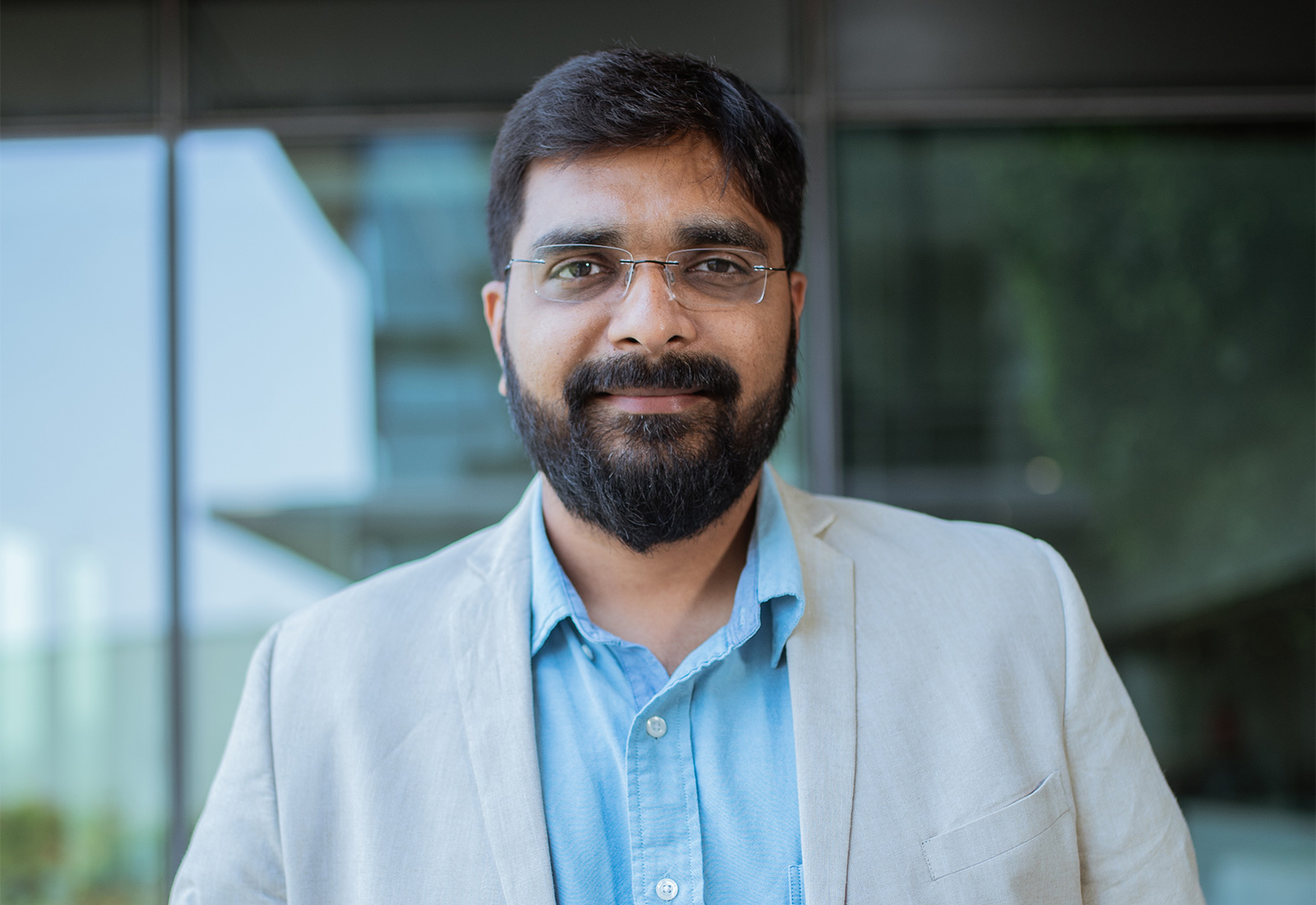
Chirag Savla, Business Head – Middle East and New Markets, Africa
Managing and working with teams is an integral part of our roles. While there are ups and downs in the end results, it’s important to be focused on inputs – and to get there it’s important to ask the question “What did I create?” I’m a firm believer in creating things, rather than maintaining status quo. So, I keep asking myself “What did I create?”, as well as requesting my team to ask this to themselves. It helps trigger thoughts on finding solutions, rather than focusing on problems. It triggers entrepreneurial adrenaline and pushes you to think out of the box. The focus shifts to creation and learning, rather than worrying about the outcome. This has helped us continue to build businesses for GCPL products in extreme VUCA countries such as Angola, Ethiopia, Sudan, etc.
“Genius: Is seeing what everyone else sees, but thinking what no one else has thought”
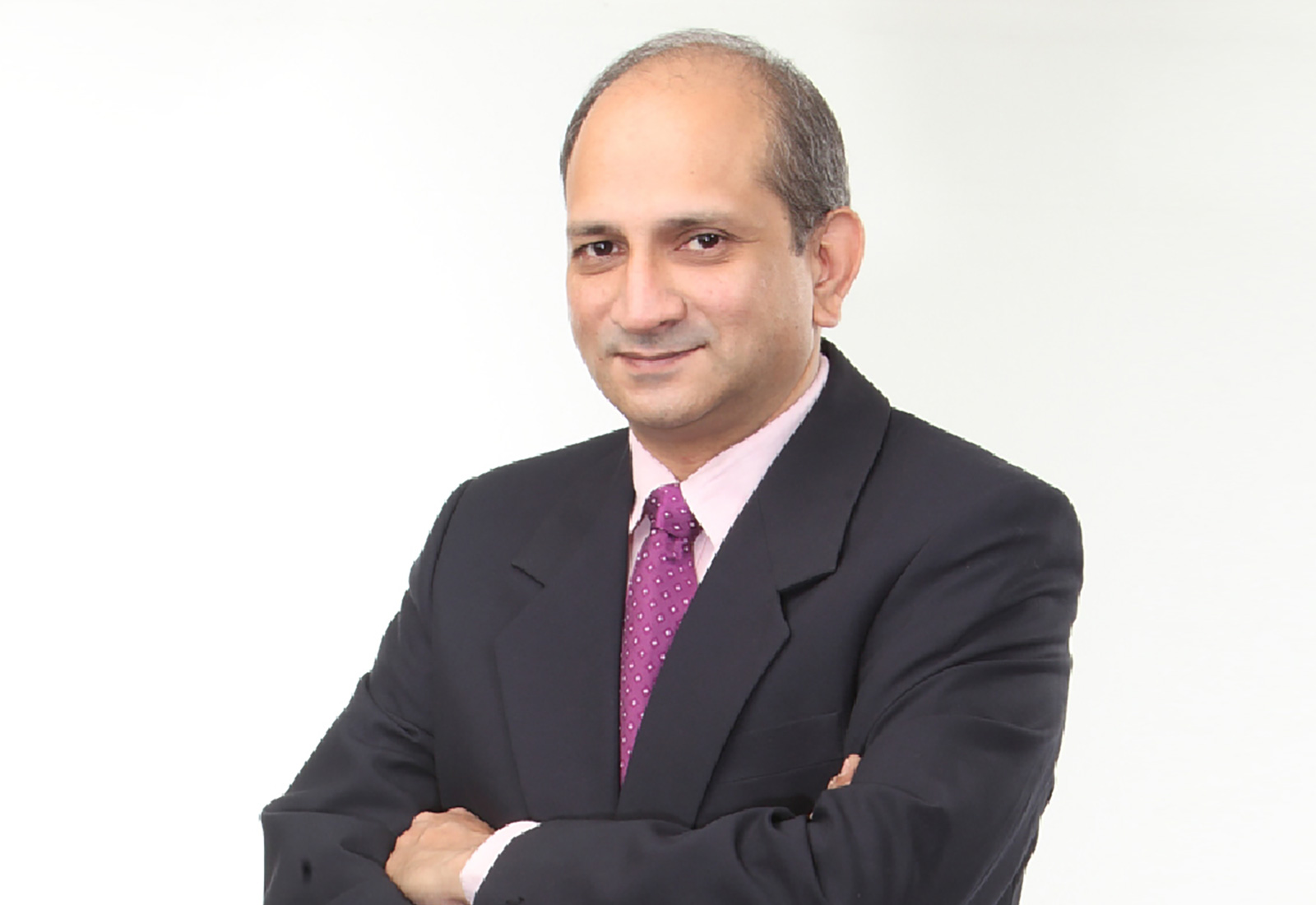
Sunder Mahadevan, Head – Research & Development
I believe in looking for what isn’t obvious. That’s when you see what else there could be. This is what has guided my personal approach, my career in R&D and my relationship with my team. Early on I realised that unless I could push myself to think differently, we would never be able to create something truly differentiated. Inspired by that thought, we ran an initiative many years ago called ‘Project Disagree’ in R&D to get more people to give this a try. Many of our innovative products go back to this approach. We strip the product ask down to the essentials and then start questioning all the other aspects that we take for granted. For example, with our Good knight Fabric Roll on personal repellent, it started with us challenging ourselves to create something more efficacious and if that could be put directly on fabric, rather than sprayed on, then why not? It was the same with Cinthol Deo stick. Why assume we need an aerosol can, if a tube can do the job just as well?
“Today I escaped anxiety. Or no, I discarded it, because it was within me, in my own perceptions, not outside.” (Marcus Aurelius)
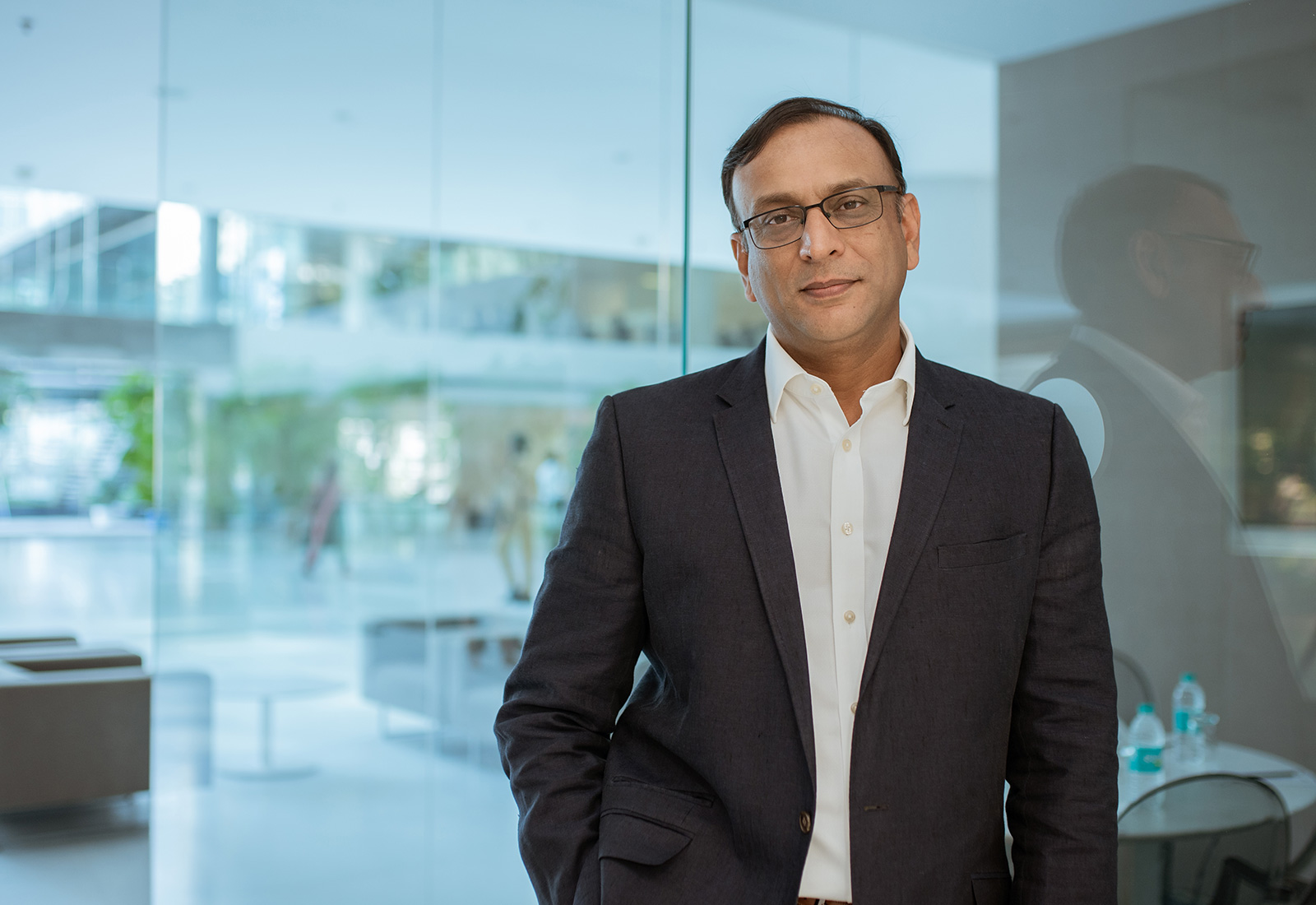
Akhil Chandra, CEO – ASEAN Cluster
The concept of Stoicism, founded by the ancient Greeks in the early 3rd century BC, is a concept that resonates particularly strongly with me. Stoicism teaches that we don’t control and cannot rely on external events, but only ourselves and our responses. It helps you be practical, stay calm, deal with crises and basically, be much more mindful in your approach and hence to be a more practical and effective leader.
I believe that Stoicism is more relevant than ever in our VUCA (Volatile, Uncertain, Complex, Ambiguous) world today.
On the personal front, I have also found the stoic mindset approach encourage me to take some time out to think or meditate in the ever increasing noise and din and information overload that surrounds us. This has helped me successfully navigate numerous challenges in my global career of over 30 years.
“While I may have disagreed, I will commit to our collective decision”

Meghna Apparao, Head – Marketing (India)
Healthy debate allows you to approach a problem from diverse perspectives. As leaders, we must find ways to encourage more conversation and debate within our teams, especially with younger team members. People are much more likely to take ownership, push themselves harder, innovate better, when they believe that their opinion matters. So – discuss, debate and then make a decision. What this also means is that at times, the decision may not be exactly what you wanted. In these instances, showing that while you may have disagreed, you can truly commit to a decision, is critical to unleash the collective might of your team. Once you commit, it’s critical to focus on execution with complete ownership. And, even if the results are not as per expectation, never say “I told you so….” If people see you really walk the talk on this, they will start opening up and hopefully, also pass it on to their too . I have personally found this very powerful not only to encourage risk taking, and also build trust and respect within my teams.
“What would be ‘your life well lived’?”
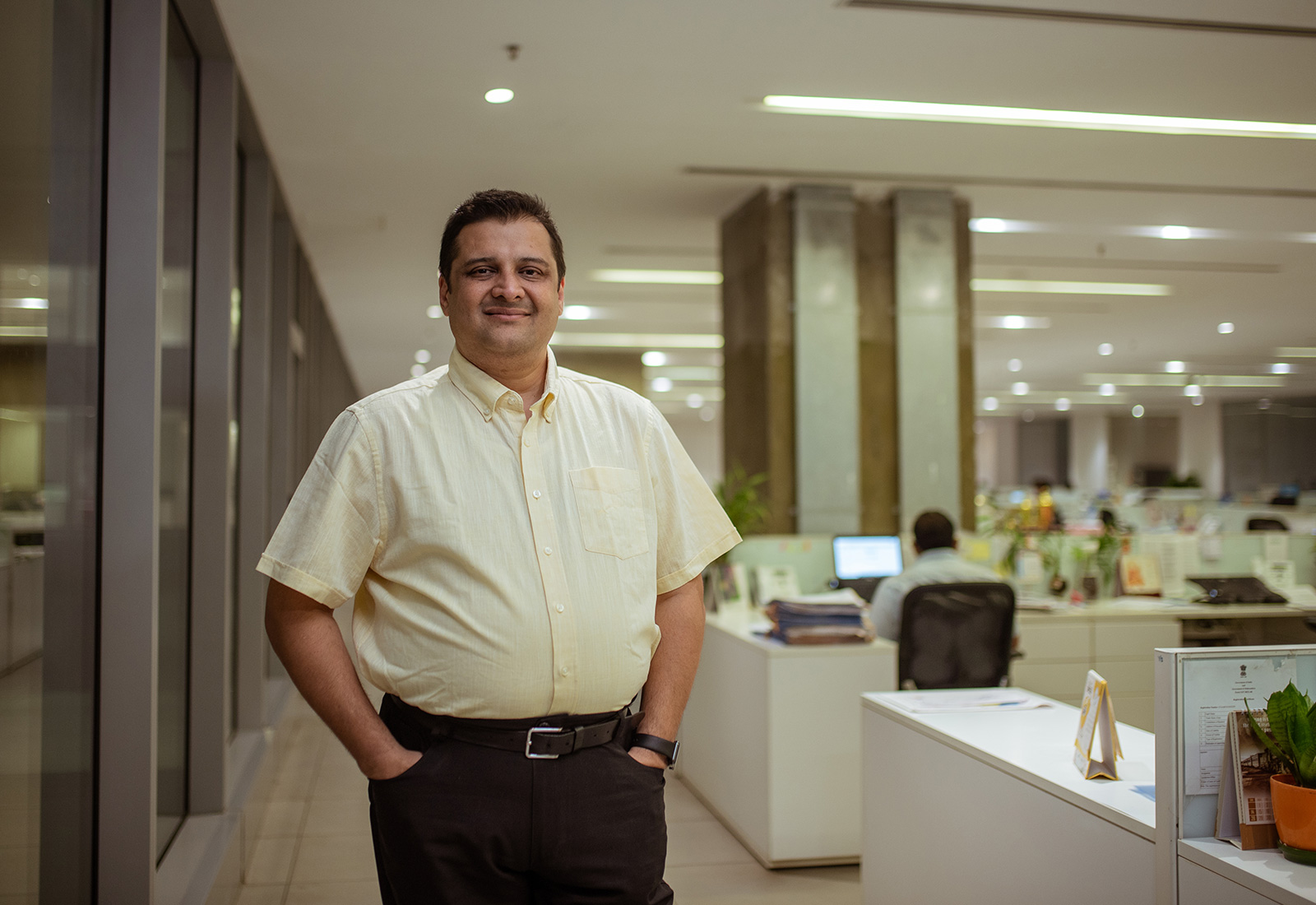
Naveen Gupta, CEO – Africa & USA Cluster
Each time I interview someone or meet a new team member, I usually ask them – Let’s say tomorrow is your 100th birthday. As you lay your head on your pillow on the eve of this centenary birthday, you’re smiling as you reminisce a ‘well lived life’. What made you smile?
I’ve heard all kinds of answers. Some respond immediately. Some are confused. About half haven’t thought about it. It tells me about the person’s purpose and how it synchs with GCPL’s purpose, more than any other assessment. For us, there’s nothing more important than understanding someone’s purpose. It completely changes how we engage with them.
As professionals, I believe we are all given a 40 year blank cheque – a “Career Cheque”. We use it to create value in different ways – for our businesses, ourselves, our teams and most importantly our communities. If you can identify your purpose and tie it in with the work you do, value creation will be so much more meaningful and powerful.
“With the greatest leader above them,
People barely know one exists. Next comes
One whom they love and praise. Next
comes one whom they fear. Next comes
one whom they despise and defy.
When a leader trusts no one,
No one trusts him.
The great leader speaks little. He never
speaks carelessly. He works without self-
interest and leaves no trace. When all is
finished, the people say, ‘We did it ourselves.”
(The 17th verse of the Tao)

Anand Rangaswamy, CEO – Latin America Cluster
The Tao Te Ching, a Chinese classic from the 6th century BC, is widely regarded as one of the wisest books ever written. This verse describes four different leadership styles. We can substitute the word “leader” with teacher or parent or any other type of leadership. I find it beautiful that it is as relevant today as it was 2,500 years back.
It says that when a leader trusts no one, no one trusts him/her. In an increasingly cynical world, this puts the onus of building trust, on the leader’s positive action. This results in the team growing in confidence and becoming more empowered. Finally, it talks about the style of the enlightened leader. It advises making oneself invisible to be a truly effective leader – staying in the background and becoming an observer to what is happening. This helps create an environment for everyone to act responsibly. But for this, the leader will need to suspend his/her desire to be seen as a strong authority figure. I believe that this is the only sustainable model of leadership – uncontaminated by the leader’s ego
This verse makes me reflect on the choices that I need to make. I choose to stay positive and bring positive energy. Whenever someone asks me how I am, my reply is always to say that “I’m on Top of the World”. I find that this ‘forced optimism’ invariably has a positive impact on others as well. I choose to invest by trusting others. I’ve had the privilege of witnessing many people grow phenomenally by practicing this. The cases that did not work out were more the exception than the rule. And I choose to do things with the right intention/ for the right reason. We are complex, and I find that it helps to ask myself why I am doing what I am doing. The right thing done for the wrong reasons, I believe, will eventually lead to the wrong consequences.
Many thanks to some of our team members for sharing their perspectives. The vocabulary we use as leaders, consciously or otherwise, can have much more impact than we realise. So, take some time this week to think about what your signature vocabulary is and the impact it could make. I look forward to reading about your “magic phrases”.



Comments